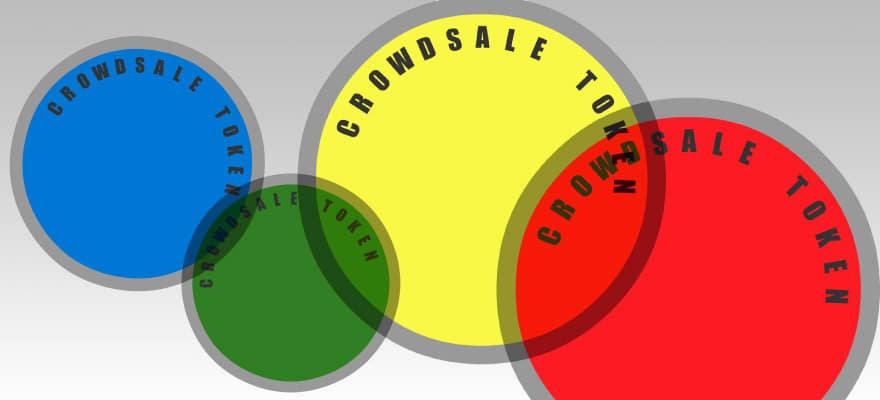NEO’s first security token ecosystem is set to come out through a new partnership with Liquefy, a Hong Kong-based end to end security issuance, distribution, and trading platform.
NEO Global Development (NGD) announced the news in a joint statement, saying the new platform is yet another step closer to a futuristic economy where securities and Blockchain merge.
The new offering is a clearing and settlement platform based on the blockchain that lets companies raise capital with security tokens. It also provides secondary market Liquidity for ICO tokens that are offered and sold as securities.
NEO, which is sometimes called the Chinese Ethereum, also uses digital identities to tokenize assets and automate the management of the process using smart contracts.
NGD has recently backed Digital Asset Alliance (DAA), a consortium of participants from various industries including liquidity providers, KYC/AML providers, issuance platforms, and law firms. It has also created the “Global Blockchain Compliance Hub,” which aims to create a global almanac of blockchain-related legal details across different jurisdictions.
What is NEO?
NEO is a platform that was launched in December 2016 and allows people to write their own smart contracts on it, like Ethereum. It runs on a consensus system called Delegated Byzantine Fault Tolerance. This means that elected nodes validate the system but must reach a 66 percent consensus before any decision can be reached.
This system is faster than proof-of-work, and because the ‘bookkeeper’ nodes have their identity verified, they have an incentive to be active and play by the rules. One disadvantage is that power is very concentrated, and there will always be the possibility that nodes could collaborate to game the system.
The stated aim of NEO is to create a smart economy, that is, one which runs on smart contracts.
Commenting on the news, Adrian Lai, CEO of Liquefy said:" What separates NEO apart from other public blockchain protocols is the integration of NeoID, which allows KYC, AML and accreditation status to be stored on-chain while maintaining privacy. This allows issuers to monitor and maintain records of all transactions in the secondary market to remain compliant in multiple jurisdictions."

















